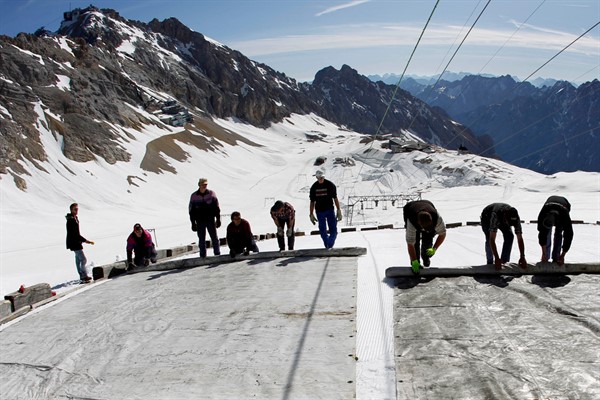Humanity’s collective failure to reduce greenhouse gas emissions is driving the world inexorably toward geoengineering, or the intentional, large-scale human manipulation of Earth’s climate system. Facing runaway global warming, individual nations will surely develop and deploy new technologies to reduce atmospheric carbon dioxide and the planet’s exposure to solar radiation.
Playing with the environment and the atmosphere, however, is playing with fire. Without adequate rules, geoengineering will create massive, unintended consequences, deepen geopolitical rivalries and hasten the world’s division into climate winners and losers. To avoid these fates, the world must create a robust multilateral regime to govern the research, development and deployment of these new technologies.
Geoengineering comes in two main forms: mitigation, in the form of large-scale carbon dioxide removal, or CDR, and remediation, known as solar radiation modification, or SRM. CDR involves the sequestering of atmospheric carbon dioxide through measures ranging from massive afforestation to direct air capture—capturing carbon dioxide from the air—to ocean seeding—adding iron to the oceans in order to stimulate phytoplankton growth and therefore absorb more carbon. SRM encompasses a variety of techniques to make the Earth more reflective—the so-called albedo effect—by injecting aerosols into the stratosphere, brightening marine clouds and oceans, and creating more reflective terrestrial surfaces. Unlike CDR, SRM has no impact on greenhouse gas concentrations; it merely reduces the heat they would otherwise trap, as long as those technologies remain in place.

